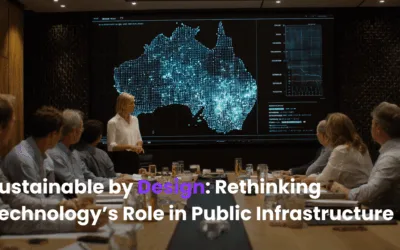Over the years we have worked with a wide range of Boards. Some have worked together for significant amounts of time and have built solid, trust-based relationships internally. Others struggle to integrate new members and remain focused. At the heart of whether these Boards work well and can deliver the high level of function required for the modern organisation or not we have found, comes down to a single, clear focus.
And that focus is purpose.
By all means, an organisation should have good leadership, technology, process and talent, but without a central focus on purpose, the momentum and growth opportunities that these organisational assets and capabilities represent can be squandered.
In an interview with Coca Cola Amatil’s Alison Watkins, the sense of purpose is clear:
At Coca Cola Amatil we think about our purpose as creating millions of moments of happiness for our customers, consumers, partners, people and communities and doing this in a way that creates long-term value for our shareholders.
This view also garners support from the Harvard Law School Forum. Amy Silverstein, Bob Lamm, and Debbie McCormack note, “Companies appear to increasingly recognize that corporate social purpose can be leveraged to facilitate value creation, competitive advantage, and other benefits that can add to the bottom line”. But again, for this to take place, every member of the Board – and the extended executive and leadership team would need a very clear and aligned sense of purpose.
In an interview, Alison Watkins suggests five themes for well-functioning boards.
- They are hyper-aligned
- There is trust and mutual respect
- Both are reflective and able to learn
- They know how to handle stress-events
- They understand the importance of the organisation’s relationship with the community.
It’s worth reading the detail on each of these points. But if we look through the prism of purpose, we can see that at least three of these five points speak to purpose.
But as Alison Watkins points out, purpose is not the be all and end all. While purpose provides a compass mark towards a future state – it doesn’t speak to urgency or scale. Future focused Boards and leaders working towards a 21st Century mindset need to work from a sense of purpose and embed new ways of working – shifting from purpose to impact.
Moving Boards and Leadership from Purpose to Impact
With a strong belief in marketing-led innovation, we have always worked from core messaging with our clients – vision, mission and message, profiling, segmentation and data-driven testing. Creating a clear “through line” from your vision statement to the execution of your message in all your communications is challenging, but entirely possible. In fact, we’d argue it is the essential first step in articulating your “purpose” – and from that point you can rally your expertise, talent, technology and resources to create value for your stakeholders.
Unfortunately, many Boards (and therefore the leadership and staff) struggle to articulate their vision, mission and message – and that means that any sense of purpose is left hanging like an empty buzzword.
Our new handbook – Purpose, Power and Performance is designed to help Boards reinvigorate their vision, mission and message. And there’s a few tips from Dan Heath on writing a quality mission statement below.



